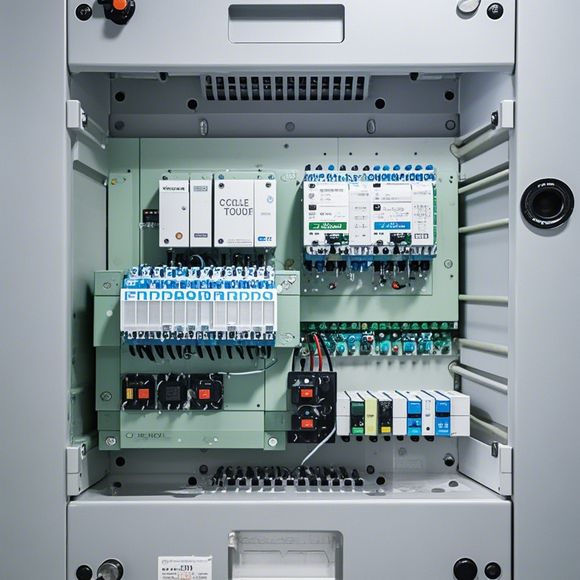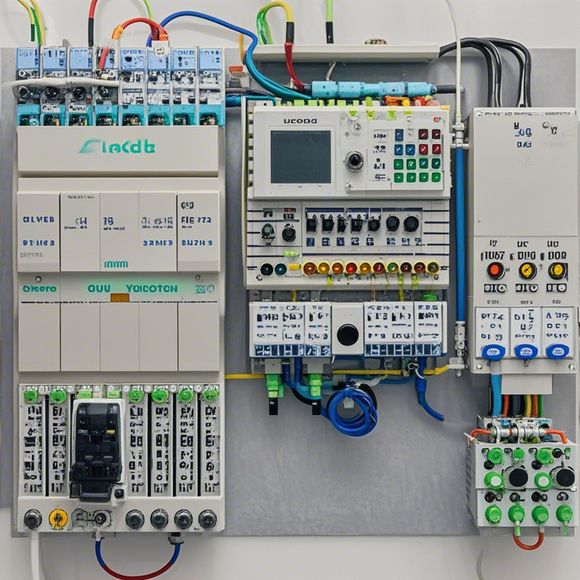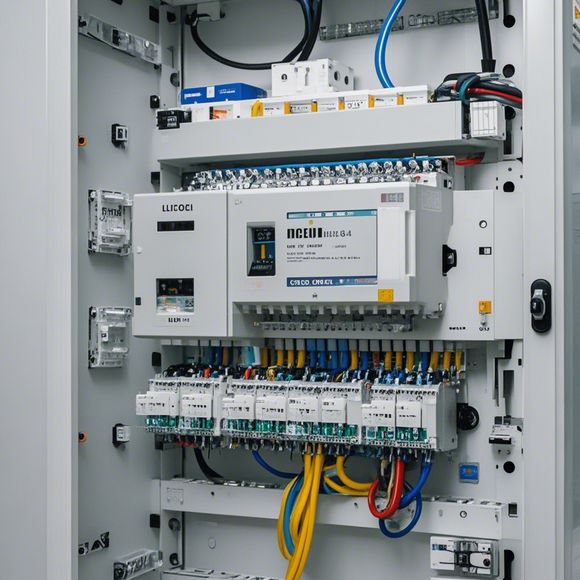What is a Programmable Logic Controller (PLC)?
A Programmable Logic Controller (PLC) is a digital computer system that can be programmed to carry out various tasks. It's used in manufacturing, automation, and other industries to control machines, monitor processes, and manage systems. PLCs are designed to be user-friendly, with easy-to-read displays and intuitive software interfaces. They can handle a wide range of tasks, including process control, logic control, and data acquisition. The flexibility of PLCs allows them to be customized to meet specific needs and improve efficiency and productivity.
Introducing the Programmable Logic Controller, also known as the "Swiss Army Knife" of industrial automation. It's an intelligent system capable of controlling various processes and machines through digital signals. So, what makes it so unique? Let's dive into the details!
Firstly, let's define what a Plc is:
A Programmable Logic Controller (PLC) is a powerful device that acts as both a computer and a logic controller. It’s essentially a “smart” switch that can be programmed to perform specific tasks. In simple terms, it’s a microcontroller with built-in software, allowing it to handle complex algorithms without needing a dedicated computer.
Now that we understand what a Plc is, let's talk about its key features:

1、Programmability: The most significant feature of a PLC is its ability to be programmed. You don’t have to write lines of code for each operation you want it to do. Instead, you program your Plc in advance using a programming language like Ladder Diagrams (LD), Function Block Diagrams (FBD), or Structured Text (ST). This allows for flexibility and adaptability to changing requirements.
2、Input/Output Interface: A Plc has multiple input and output ports, which allow it to interface with other devices in your system. For example, you can connect sensors, actuators, or communication devices to these ports, making it easy to monitor and control different parts of your process.
3、Robustness: Despite being compact and easy to use, Plcs are surprisingly robust. They can withstand high voltage, high current, and harsh conditions, making them ideal for use in industrial environments.
4、Safety Features: One of the most important features of a Plc is its safety capabilities. Many models come with built-in safety features, such as overload protection, fault detection, and emergency stop buttons. These measures help prevent accidents and ensure the safety of personnel and equipment.

5、Communication Capabilities: Most modern Plcs are equipped with communication capabilities such as Ethernet, Wi-Fi, or Bluetooth. This means you can easily connect your Plc to other devices or systems in your network for real-time monitoring and control.
6、Cost-Effectiveness: Compared to other types of control systems, Plcs are cost-effective. While they may seem expensive initially, their longevity and ease of maintenance make them a good investment for businesses looking to streamline their operations.
7、Customization: Finally, one of the best things about Plcs is their customizability. You can choose from a range of models and accessories to suit your specific needs, whether it be custom hardware, software, or even user interface options.
So there you have it—the world of Plcs. If you think about it, it's no wonder why they're so popular among industrial engineers and technicians around the globe. Their ability to simplify complex processes and provide reliable control solutions makes them an essential tool for modern manufacturing and production. And if you're thinking about investing in a Plc for your next project or business venture, remember: it's more than just a piece of hardware—it's a solution designed to meet your unique needs.

Content expansion reading:
Articles related to the knowledge points of this article:
Smart Manufacturing Solutions with PLC Integrated Machinery
PLC Programming for Automation Control in the Manufacturing Industry
How to Use a PLC Controller for Your Business
PLC (Programmable Logic Controller) Control System Basics
Plumbers Rule! The Role of PLC Controllers in the World of Waterworks
The Role of Programmable Logic Controllers (PLCs) in Foreign Trade Operations